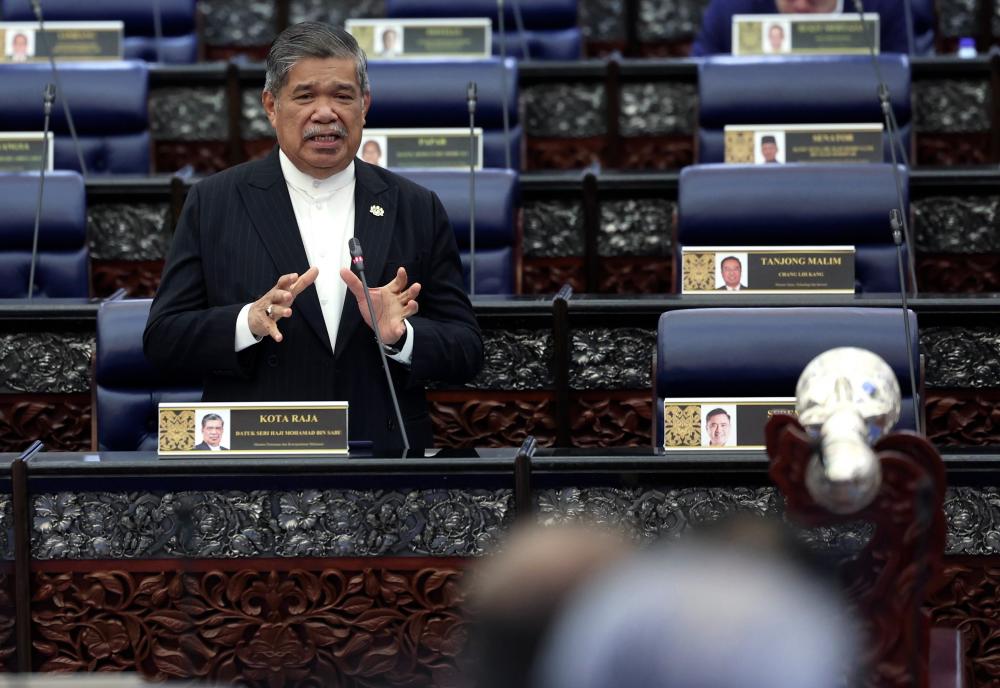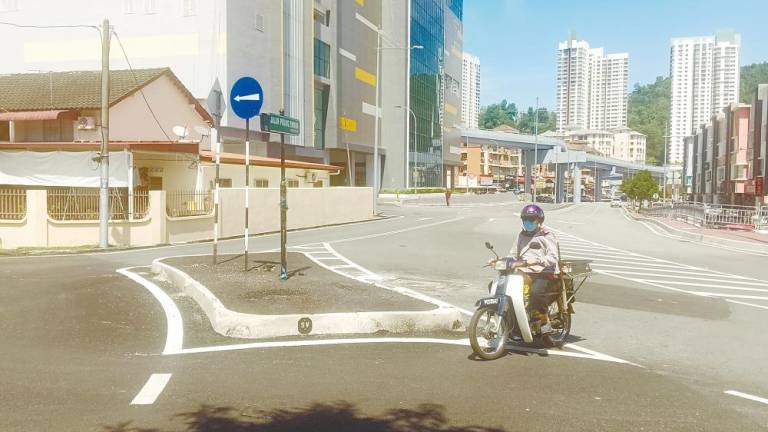KUALA LUMPUR: The national rice and padi restructuring scheme will be announced soon after the government has finished getting views from all parties through the engagement session that is being held.
Agriculture and Food Security Minister Datuk Seri Mohamad Sabu said the new scheme was necessary to increase supply because local white rice production was only 62 per cent in the country with 50 per cent of it distributed for the market.
“This is a long-term arrangement because this white rice supply issue will remain problematic as long as we do not have enough rice in Malaysia. For that reason, all parties including MPs will be involved in engagement session so that they can give their views.
“This is a national problem that demands a joint solution because who would have thought that the current hot weather for example could cause production loss,“ he said when replying to a question from Datuk Rosol Wahid (PN-Hulu Terengganu) in the Dewan Rakyat today.
Rosol had wanted to know the extraordinary measures that the government will take to overcome the issue of local white rice shortage in the market.
ALSO READ: Steps to reduce impact of hot weather on padi planting among focus of parliament Tuesday
Mohamad said the ministry planned to open new padi farms in Sarawak, Sabah, Johor, Perak and Pahang to further increase the supply of white rice in the country.
Replying to a supplementary question from Isnaraissah Munirah Majilis (Warisan-Kota Belud) who wanted to know if the government plans to give money to farmers affected by the current hot and dry season in Kota Belud and Papar, Mohamad said the matter is subject to the assessment of the Rice Crop Disaster Fund (TBTP) committee.
“Through this fund, padi farmers are given RM876 per hectare with the maximum amount of aid to eligible rice farmers being limited to the destroyed area of three hectares.
“Last year, a total of RM12 million was channelled and for Sabah, it (aid) involved an area of 219 hectares, especially in Kota Belud,“ he added.
ALSO READ: KPKM aims to transform 150,000 hectares of padi fields into Sekinchan-style cultivation













